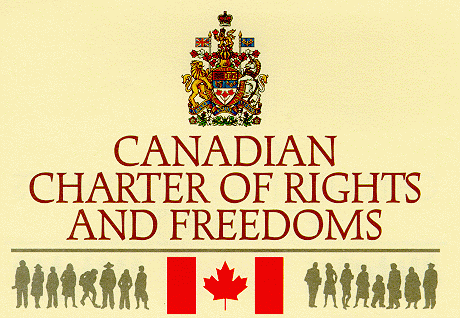Bad Lip Reading does Rick Santorum
Over the long hiatus I gave some thought as to how the blog portion of the site might be improved. The encounter with current events from a Frygian perspective is rewarding enough, but perhaps occasionally too fleeting. My strategy has increasingly been to bring current events to Frye rather than the other way round. That’s why I’m attempting to run a lot of threads simultaneously to provide some sturdy terms of reference. I hope to get better at that, and perhaps keep the focus a little tighter than I have sometimes managed.
The American election cycle, for example, has become a grotesquerie more fit for a dystopian satire, thanks to the Republican primaries which have featured a parade of cranks and nincompoops, and appear to be approaching the pitch of mass hysteria with Rick Santorum, of all people, as the current front-runner. Mitt Romney, a sociopathic liar and reptilian opportunist from whatever angle you approach him, remains everybody’s fifth choice, and it may be enough to get him the nomination once the kamikaze portion of the process has finally consumed itself.
The Republicans appear to be the vanguard of the collapse of “conservative” ideology, which has more or less devolved into a kind of casino capitalism where the house always wins and the public are rubes to be stripped of their assets by whatever tricks are available to convince them the game isn’t rigged. As Frye observes, when an ideology becomes decadent enough, it ceases to have any reliable external reference, or even to possess internal consistency. At that point, it may become murderously dangerous. Incidents of political violence in the U.S. have come from the far right for the last couple of decades at least, and has more recently been preceded by escalating rhetorical violence by supposedly authoritative and respectable public figures. If you call political opponents “traitors” long enough, someone’s going to figure out that traitors should only get what they deserve, and that will eventually be served up by some maladjusted simpleton who’s been convinced by Rush Limbaugh and Fox News that the Kenyan-born-Muslim-Nazi-socialist Barack Obama is coming to take away his guns.
The madness isn’t new. It’s just developed a more insidious pathology. Here’s a an excerpt from “Fear and Loathing in New Hampshire,” one of many dispatches from the 1972 presidential campaign trail by Hunter S. Thompson, then chief political correspondent (that is, only political correspondent) for Rolling Stone, published forty years ago, almost to the day:
Meanwhile, I am hunkered down in Washington — waiting for the next plane to anywhere and wondering what in the name of sweet Jesus ever brought me here in the first place. This is not what us journalists call a “happy beat.”
At first I thought it was me, that I was missing all the action because I wasn’t plugged in. But then I began reading the press wizards who are plugged in, and it didn’t take long to figure out that most of them were just filling space because the contracts said they had to write a certain amount of words every week.
At that point I tried talking to some of the people that even the wizards said were “right on top of things.” But they all seemed very depressed; not only about the ’72 election, but about the whole, long-range of politics and democracy in America.
The absurd consequence of this demoralizing trend is this convocation of idiots, most of whom at some attention-deficited moment or other have enjoyed front-runner status: Michelle Bachmann, Donald Trump, Rick Perry, Herman Cain, Newt Gingrich, and Rick Santorum. Mitt Romney, meanwhile, in a rarefied example of Republican cognitive dissonance, remains the presumptive nominee, even though he is intensely disliked for good reason by just about everybody, including most Republicans. These people represent an ideology of greed and predation that was always dubiously articulated at the best of times, and is now so hollowed out that it cannot even pretend anymore to have any relation at all to the public good. It is merely rationalized thievery crafted by bandits.
It is a misconception to say that Frye is anti-ideological, a misconception Jonathan Hart dispels in Northrop Frye: The Theoretical Imagination. But Frye does certainly recognize that ideology is subordinate to the primary concerns whose primary expression is the mythological basis of literature, and therefore the foundation of a genuine social vision liberated from the fatal cycles of panic and complaisance most of human history seems to amount to. As he warns in Words with Power, “primary concerns must become primary, or else.” When our political class is made up of rapacious dolts who promote unregulated markets and deny global warming in the face of all evidence to the contrary in both instances, we have a particularly urgent priority to set it straight, to ensure that political power is an expression of the best interests of society at large and not the caprices of those who don’t know up from down but can blindly nose their way up to the feeding trough replenished by corporate malfeasance. History tends to be cruel at moments like these, and nature is always unforgiving. The institutionalized corruption that almost exclusively characterizes both our politics and principles of governance must be addressed, or else. There are no excuses not to, because, with so much at stake and our situation already precarious, we are all Romanovs now.



